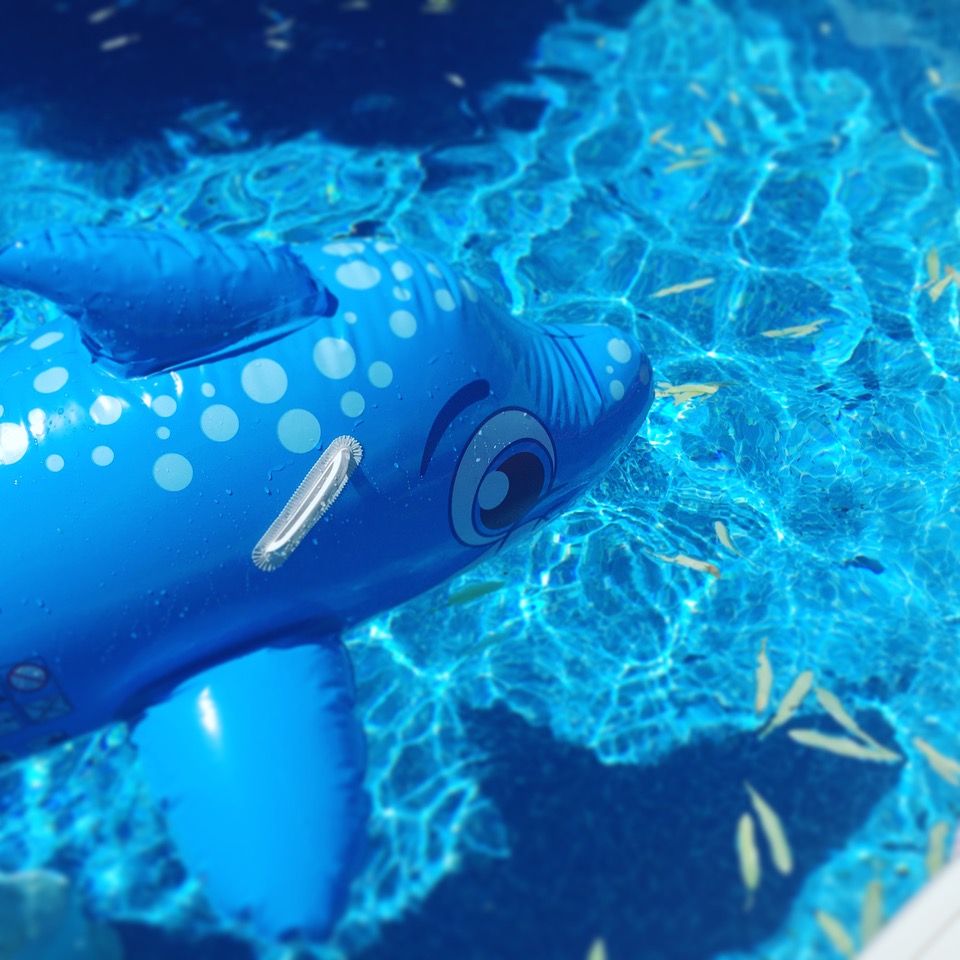Prenato Summer Guide: Swimming During Pregnancy
18 June 2019

A summer pregnancy often comes with many questions! That’s why Prenato has prepared a guide to the most frequently asked questions during prenatal appointments so that you can prepare for the hot season. Together, we will discuss swimming, sun protection, hydration and even mosquito bites!
Summer is back and summer also means a season of sunny days at the beach or by the pool. Although swimming is not contraindicated for pregnant women, some precautions should be taken. Here are some tips to enjoy your summer, while staying safe during your pregnancy.
Swimming pool: First, swimming, whether in a chlorine or salt-treated pool, is permitted for pregnant women. Be careful, however! If you are at risk of ruptured membranes, then you should avoid swimming. Why? Because in such cases, the risk of an infection transmitted directly into the placenta is increased. It’s like leaving a door open for all the bacteria in the water to come directly in the baby’s nest.
As for the water temperature, it must also be comfortable. Water that is too cold could cause discomfort for the mother-to-be. The baby also needs a stable body temperature.
Despite these warnings, it is also important to know that aquatic activities, such as pregnancy aquafitness, are usually very beneficial for the mother. She will move without feeling the effect of gravity and heat. If your pregnancy is going well, go ahead!
SPA: Although it is possible to swim in a swimming pool, it is preferable to avoid spas. An increase in the mother’s body temperature of more than 2 degrees significantly increases the risk of miscarriage, neural tube defects and injury in the baby.
If you still want to go to a spa, make sure the temperature is below 39 degrees Celsius (102oF) and go for periods of up to 15 minutes.
Once the 2nd trimester begins, the risks to fetal development are reduced, but the recommendations remain similar:
- Avoid drastic changes from hot to cold all together.
- The increase in body temperature in the mother directly affects the baby’s body temperature.
- Rising temperatures can cause maternal discomfort, increased heart rate and vasodilation.
Lakes and sea: The recommendations for swimming in a lake or in the sea during pregnancy are quite similar to those of the pool and spa. Adequate water temperature is recommended to avoid discomfort during swimming, but also to regulate baby’s temperature. As for the lake, the cleanliness of the environment should also be considered to avoid contracting an infection when swimming.
You have read all these recommendations and are not at any risk of membrane rupture? The water in which you will dive is clean and at the right temperature? You can put on your nicest swimsuit … or at least the one that always makes you feel good!


